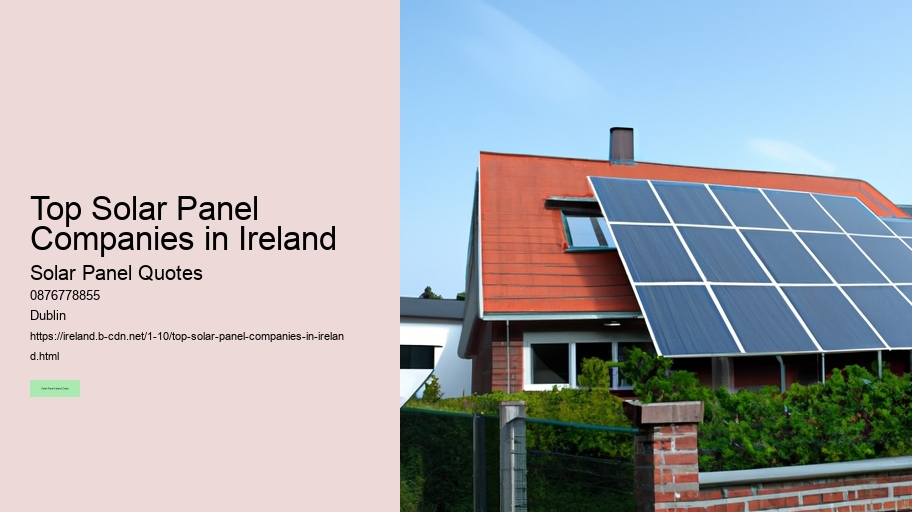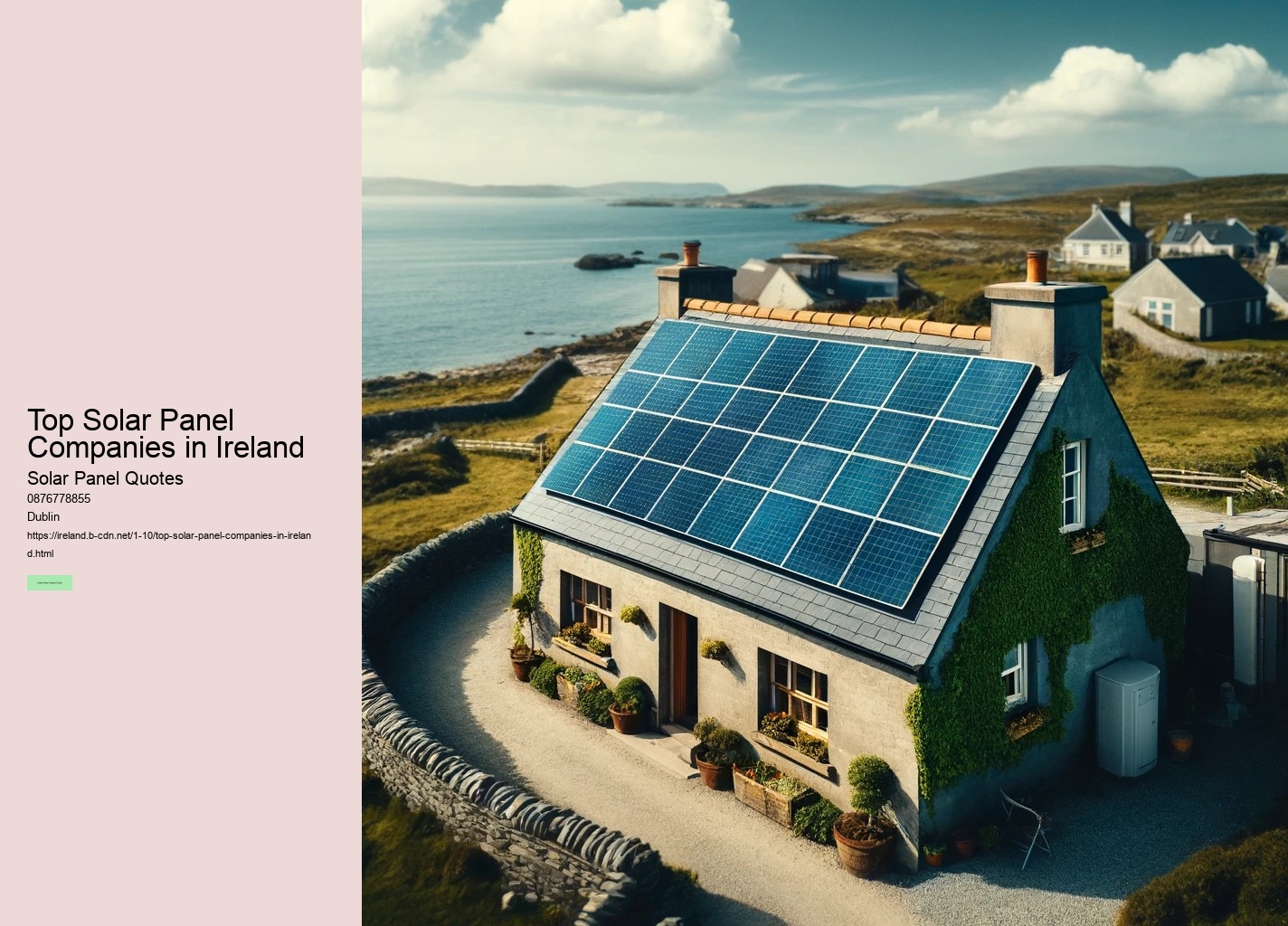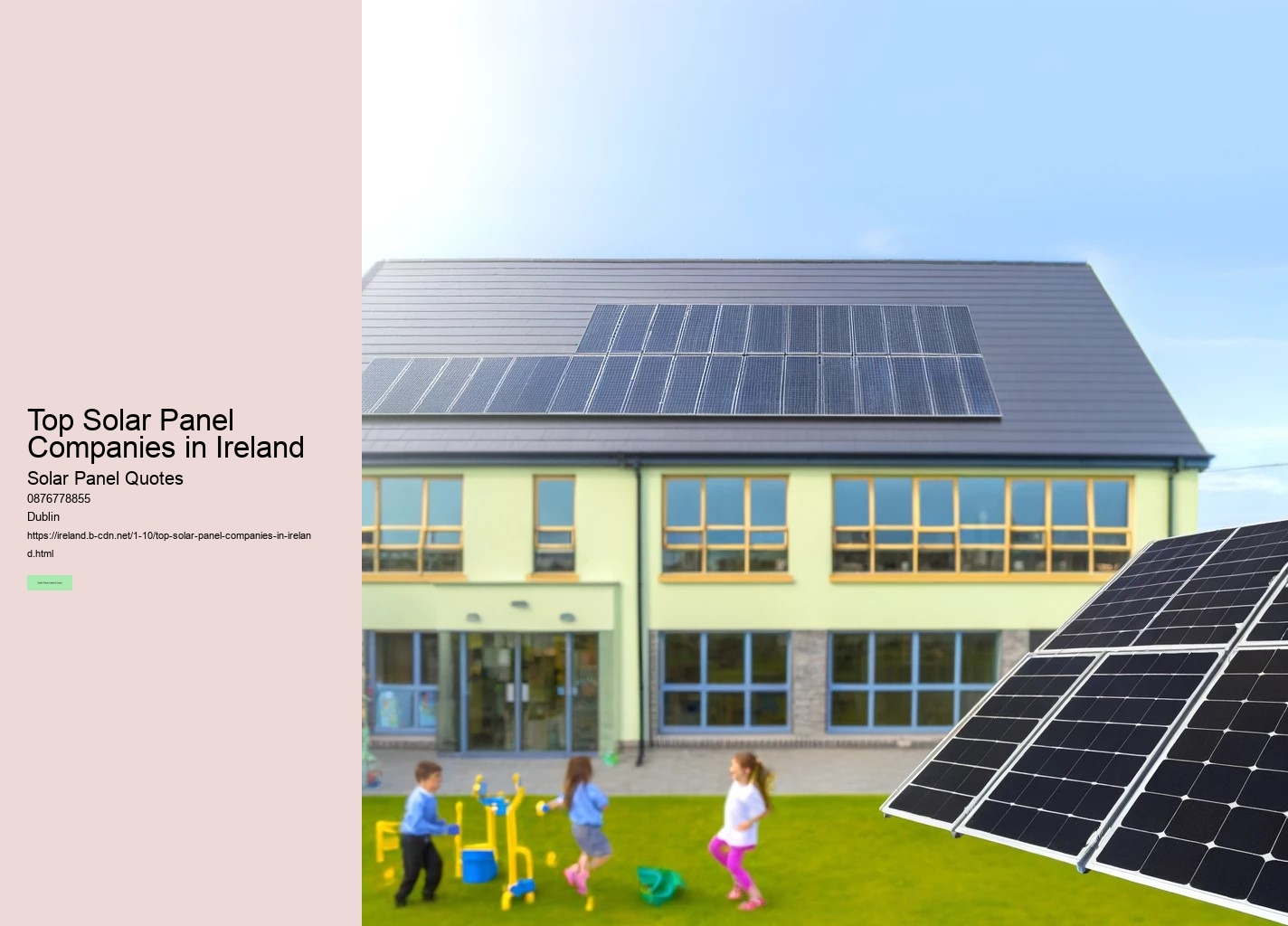

By producing their own electricity, they reduce dependence on the electrical grid and contribute to Ireland's sustainable energy development. They also complement electric vehicles and battery chargers, offering a cohesive solution for sustainable energy needs.
On average, the cost of solar panels in Ireland ranges from €6,000 to €18,000, with several factors influencing the final price.
By harnessing sunlight to generate electricity, solar systems decrease reliance on fossil fuels and support the shift toward renewable energy sources.
The payback period for solar panels in Ireland ranges from five to seven years.
For instance, they can support water heating systems, reducing reliance on traditional electric heating or gas boilers.

Modern rechargeable batteries are scalable, enabling homeowners to start small and expand as needed. Monocrystalline silicon panels, known for their efficiency and longevity, are ideal for properties with limited roof space. Thin-film solar cells may suit specific installations or areas with shading. With a smart meter installed, homeowners can monitor their electricity production and consumption, optimizing usage and savings.
Polycrystalline silicon panels provide a more economical option, though with slightly reduced efficiency. Investing in solar panels is a decision that benefits both your household and the planet. The payback period for solar panels in Ireland typically ranges from five to seven years, depending on the size of the system, energy consumption, and available grants.
These measures reflect Ireland's commitment to sustainable development and encourage more homeowners to transition to renewable energy. Solar systems also complement other energy-saving technologies. These systems often integrate with boilers and smart meters to optimize energy use.
One of the most attractive aspects of solar panels is their payback period. By investing in solar energy, homeowners contribute to the planet's well-being while positioning their properties as forward-thinking and environmentally responsible.


This combination can help meet both electricity and hot water heating needs. The installation cost depends on various elements, including the number of panels required to meet your household's energy consumption, the type of solar panels used, and optional features like energy storage.
Financial support is available through the Sustainable Energy Authority of Ireland (SEAI), offering grants of up to €2,400 for solar panel installations.
Energy storage is an important consideration for those investing in solar panels.
Additionally, they support the heating of water for domestic use, further reducing overall energy consumption.
As Ireland continues to prioritize sustainable energy solutions, more homeowners are exploring solar power as a way to reduce energy bills and support environmentally-friendly practices. When discussing solar panels in Ireland, cost is a key consideration for homeowners and businesses interested in renewable energy.
In addition to financial benefits, solar panels contribute to lowering greenhouse gas emissions and reducing the carbon footprint of homes and businesses.
Rechargeable batteries allow homeowners to store excess energy generated during the day for use at night or during periods of low sunlight.
Solar thermal energy systems can heat water efficiently, reducing the need for gas or electric heating and further cutting down on energy costs.

The cost of electricity by source continues to rise, making solar energy an increasingly attractive alternative. For example, systems using high-efficiency monocrystalline silicon panels may cost more than those with polycrystalline silicon panels but deliver better energy output per square meter of roof space. The integration of solar panels with other modern technologies, such as smart meters and energy-efficient appliances, creates a cohesive energy ecosystem.
Homeowners can generate their own electricity, reducing dependence on the national grid. Choosing the right solar panel system involves balancing cost and performance.
Regular maintenance, such as cleaning and occasional inspections, ensures optimal performance and maximizes their return on investment. Homeowners can monitor their electricity generation and consumption in real time, making informed decisions to optimize their energy use.
By choosing solar panels, homeowners in Ireland can harness the power of the Sun to meet their energy needs. This versatility enhances the overall value of the system and contributes to efficient energy use.

Yes, installing solar panels can increase home value by improving energy efficiency and attractiveness to potential buyers who value sustainability.
Monocrystalline panels are made from a single crystal structure and are more efficient, while polycrystalline panels are made from multiple crystal fragments and are more cost-effective.
Yes, the Irish government offers several incentives, including SEAI grants and a reduction in VAT on solar equipment to promote solar energy adoption.